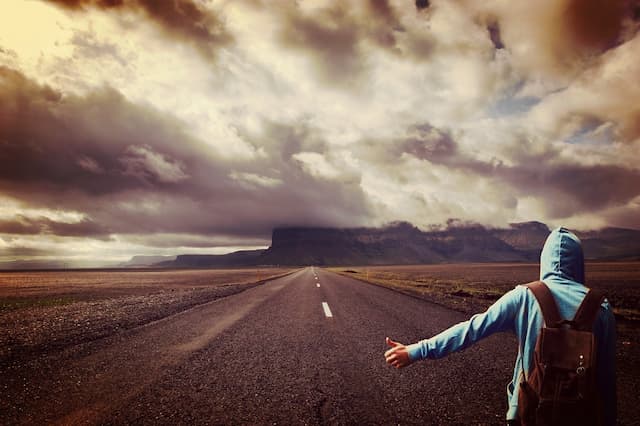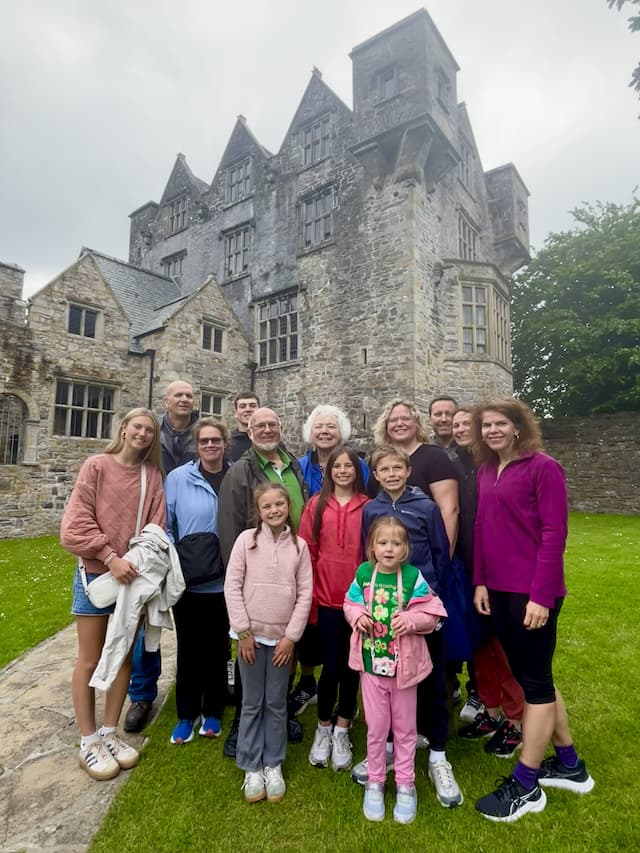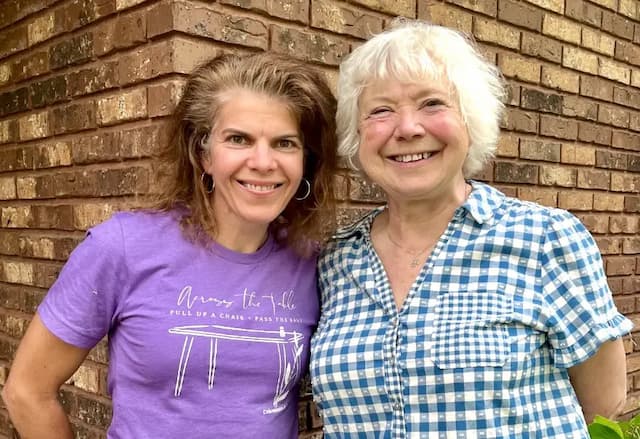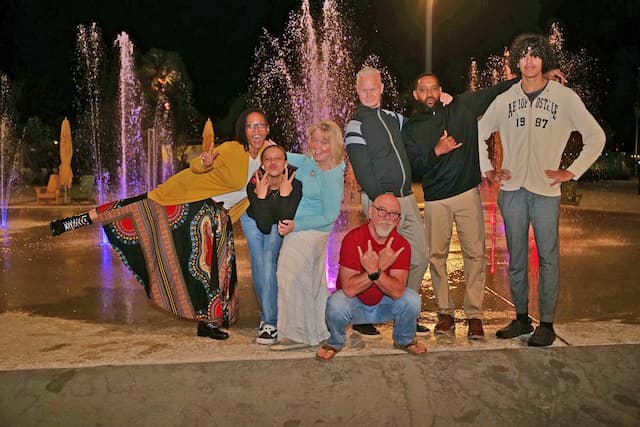Trust Only: A Wet Dog, Quicksand, & A Lily Pad -

They trust not God at all who trust him not alone.
Not at all? Them’s fightin’ words. I read them once, twice, then promptly looked for a way around them. Because of course I trust God and in other things.
Then I heard about the little dog named Nolie who stepped out onto a lily pad. And I started to think about rocks, quicksand and trust in God alone.
Nolie, named after cannoli, is my friend’s roommate’s sweet pup. Nolie went on an outing this week. It was her first time in a kayak and she liked the ride. But Nolie got an idea as they paddled through the lily pads. She decided to take a walk.
So with her hind feet planted on the kayak, she stretched one foot out on the smooth green pad. Then she landed the other. And one surprised little Nolie got very, very wet.
He will sink and perish.
So can you trust in God and trust in something else along with God to keep you safe and secure?
Well, what happens if you place two feet on the kayak and two feet on a lily pad? Or, what happens if you set one foot on a rock and one foot on quicksand?
Nolie’s walk on the lily pad makes me wonder, do I really hope and trust in God alone? Can I hope in God to redeem my life and restore my soul and also hope in other things?
If my hope is in uncertain, unstable things—my wealth or health, or my family and friends—will I not sink?
Are these not quicksand and lily pads?
They will disappoint. They will let us down. As sweet as they are, as much of a gift as they are, they are all shakable, created things. (This is a favorite post about kids growing and good endings shaking me.). All other helpers will fail me and all other comforts will flee. Only one thing will remain.
So it only makes sense to trust only in Him.
Do you trust in “God and,” or in God alone?
Now back to those fighting words. They referred to Psalm 62, including verses 5-6, which say,
For God alone, O my soul, wait in silence, for my hope is from him.
He only is my rock and my salvation, my fortress; I shall not be shaken.
In the Hebrew text the word only, truly, or alone occurs five times in the first eight verses. Bible scholar Derek Kidner says this little Hebrew word ak, “is an emphasizer, to underline a statement or to point to a contrast; its insistent repetition gives the psalm a tone of special earnestness.”
I think the contrast is between trust in “God and” and trust in God alone.
They trust not God at all who trust him not alone. He that stands with one foot on a rock, and another foot upon a quicksand, will sink and perish, as certainly as he that stands with both feet upon a quicksand.
John Trapp, Quoted in David Guzik’s Commentary on Psalm 62
Nolie learned that two feet on a kayak and two feet on a lily pad means the whole dog goes under. David learned that one foot on rock and one foot on quicksand means the whole man sinks—even, get this, if the rock is the Rock.
So David earnestly calls us to trust in God. Alone.
Trust in him at all times, O people;
pour out your heart before him;
God is a refuge for us.
Nolie, and I, are with David.
Are you?
Nothing which does not shake the rock can shake the frail tent pitched on it.
—Alexander MacLaren
For God alone my soul waits in silence;
from him comes my salvation.
He alone is my rock and my salvation,
my fortress; I shall not be greatly shaken
—David, in Psalm 62:1-2, ESV
Thank for reading this post. If you haven’t subscribed to my FREE email list yet, would you please consider it? You’ll get a few soul-strengthening posts each month, and be the first to hear when “the Meek Book” comes out!










